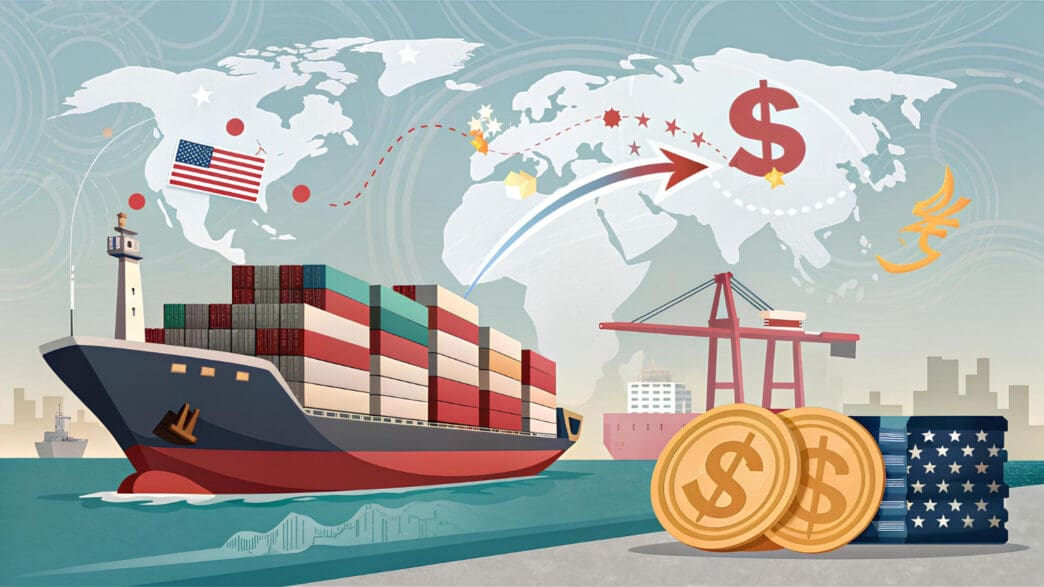Executive Summary
The Story So Far
Why This Matters
Who Thinks What?
A federal appeals court ruled on Friday that most of President Donald Trump’s tariffs were imposed unlawfully, upholding an earlier decision by the Court of International Trade. This significant legal challenge complicates President Trump’s ambition to fundamentally alter decades of U.S. trade policy, with a Nobel Prize-winning economist describing the situation as a “self-inflicted disaster.”
Court Upholds Unlawful Tariff Imposition
The court’s decision found that President Trump’s method of imposing tariffs violated the law. Specifically, it cited his use of the 1977 International Emergency Economic Powers Act (IEEPA) to declare an “economic emergency” and unilaterally set tariff rates without congressional approval.
Paul Krugman, who received the Nobel Prize in Economic Sciences in 2008, commented on the ruling in a blog post. He stated that President Trump is facing a “completely self-inflicted disaster” and suggested that while he “probably could have gotten Republicans in Congress to vote for insane trade policy,” he was impatient and sought to act unilaterally.
Implications for Trade Policy
The ruling does not outlaw tariffs themselves but restricts the president’s ability to impose them without legislative backing. While President Trump has other legal tools, such as provisions in the 1974 Trade Act, these authorities are narrower and limit the speed and severity of presidential action.
President Trump’s tariff policy has generated significant global market volatility and strained relationships with U.S. allies and trading partners. Concerns have also been raised regarding potential increases in consumer prices and a slowdown in economic growth.
Tariffs as a Strategic Tool
Despite the challenges, tariffs have been central to President Trump’s trade strategy. He has utilized them to pressure entities like the European Union and Japan into what he has characterized as favorable trade deals. Additionally, he has claimed that tariffs have channeled tens of billions of dollars into the U.S. Treasury, offsetting the sweeping tax cuts enacted earlier.
Krugman highlighted a perceived inconsistency in President Trump’s justification for the tariffs. He argued that President Trump undermined his own legal case for emergency tariffs by simultaneously insisting the economy was strong while declaring an “economic emergency” to justify them.
Economic Context and Potential Financial Repercussions
The U.S. economy experienced a slight contraction in the first quarter of 2025, with GDP falling at an annual rate of 0.3 to 0.5 percent, according to McKinsey & Company and the Bureau of Economic Analysis. This followed 2.4 percent growth at the end of 2024. The economy has since rebounded, with GDP growing at an annual rate of 3.3 percent between April and June.
Should the tariffs ultimately be overturned, the government could face substantial financial consequences. It may be required to refund import taxes already collected, which totaled $142 billion by July—more than double the amount from the previous year. The Justice Department has argued in court filings that eliminating these levies could lead to “financial ruin” for the United States.
Future Legal Challenges
President Trump has indicated an intention to appeal the ruling to the Supreme Court. Krugman suggested that the Supreme Court might side with President Trump, though he also noted a possibility that even the justices might “draw a line” on the issue.
The federal appeals court’s decision represents a significant legal hurdle for President Trump’s trade agenda, challenging the executive branch’s authority to unilaterally impose tariffs and potentially setting the stage for further legal battles and economic repercussions.








